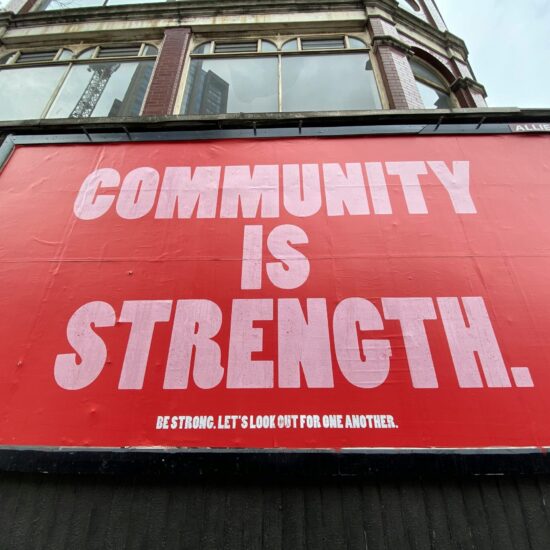Yesterday, the Trump administration released its proposed federal budget, which an incisive Twitter user described as “what a cartoon villain would propose.”
- It would cut the Environmental Protection Agency by 31% and Health and Human Services by 16%.
- The National Institutes of Health would lose $6 billion.
- It would decimate support for after-school programs, Meals-on-Wheels, and the neediest college students.
- And among so many other deprivations, it would kill the National Endowment for the Arts and the National Endowment for the Humanities.
The proposed cuts are all of a piece in their cravenness and cynicism, serving to boost military spending and so-called homeland security. For a strong analysis of this proposal’s radical conservatism, I recommend this piece at the Intercept.
Because I want to talk about poetry and stories.
This week the Annals of Internal Medicine announced it had chosen “Tinnitus” by Veneta Masson as the best poem it published in 2016. On Wednesday I spoke with Veneta, a poet and essayist, a nurse practitioner, and an instructor in ethics at Georgetown University, about the value of poetry and narrative in nursing, medicine, and health policy. Our discussion wasn’t overtly political, but I’m grateful today for the quiet affirmation she offered of the arts.
I asked her about the synergies being made between the literary arts and the health care industry. The Association of Writers and Writing Programs, for example, recently held its annual conference in Washington, DC, where Veneta presented on a panel called Crossing the Line: Writing as a Healing Practice. This seems significant: for years the arts have penetrated various health care arenas, but now issues related to health and health care are making their way into the country’s biggest conference for professional and student writers and writing faculty.
“Writing gives you new energy for your work,” Veneta said. “It’s like you need to do this to resolve what’s unresolved in the mind and heart. One time I was writing about a mistake I made or what could have been a mistake and the guilt about what I could have done. I had to find a way to put myself at rest. In that case it was in the form of a poem.”
Veneta told me about a Literature and Medicine group at George Washington University that met for dinner to discuss one of her books of poems. “I had written about an immigrant woman and her child, and a man approached me afterward. He said, ‘I couldn’t say this in the group, but I felt you were writing about my mother.’ What more could a writer want, as far as connecting with another person?”
Indeed, those connections appear to be neurological, as well as sociological. Veneta mentioned an article written by physician and fiction writer Louise Aronson, Story as Evidence, Evidence as Story, published in 2015 in JAMA. Aronson writes:
Mounting data, and the entire historical record across cultures and continents, suggest that human beings are uniquely wired for story and that stories, with their linking of the cognitive to the emotive, are often both more memorable and more persuasive than other sorts of information.
Veneta’s prize-winning Annals poem is behind a paywall, but she gave me permission to reprint another poem first published in the online journal Pulse, called The Whole Story. It’s a beautiful melding of narrative momentum and lyric concision. With just a few images and happenings she makes a world I want to inhabit, one with sunflowers and war talk, plus the unexpected poignancy of a shy bride waiting her turn at the door to a funeral.
After I spent hours fretting over the proposed budget, reading Veneta Masson’s poem restored me, somehow, to my right mind and to a couple of simple truths: humans need poetry, and health care is stories.
The Whole Story
After she died
there was talk of war
the stock market crashed
the cat didn’t eat for three days
her youngest came home from school in tears
her husband grew a beard.
I do not lie when I tell you these things
nor do I tell the whole story.
I do not say that her funeral day dawned bright
and unrepentant
or that all the sunflowers in the city
were gathered at her wake.
I do not mention the ruffled bride
also in white, waiting discreetly outside
the door of the chapel.
I do not tell how, at the gravesite
smiling children blew
soap bubbles over her casket
and how they were not buried with her
but were borne up and away,
carried gently on a light wind.
And check out Veneta’s Notebook, her observations of matters literary, medical, and otherwise. In one entry she writes about writing: “that’s where I find out what I’m thinking and (like Descartes) what’s true and what isn’t.”











Diana J. Mason / March 17, 2017
Thank you for this post! You know that I love Veneta and her work. Just this week I came across a poem she had printed on a note card. Lovely.
/